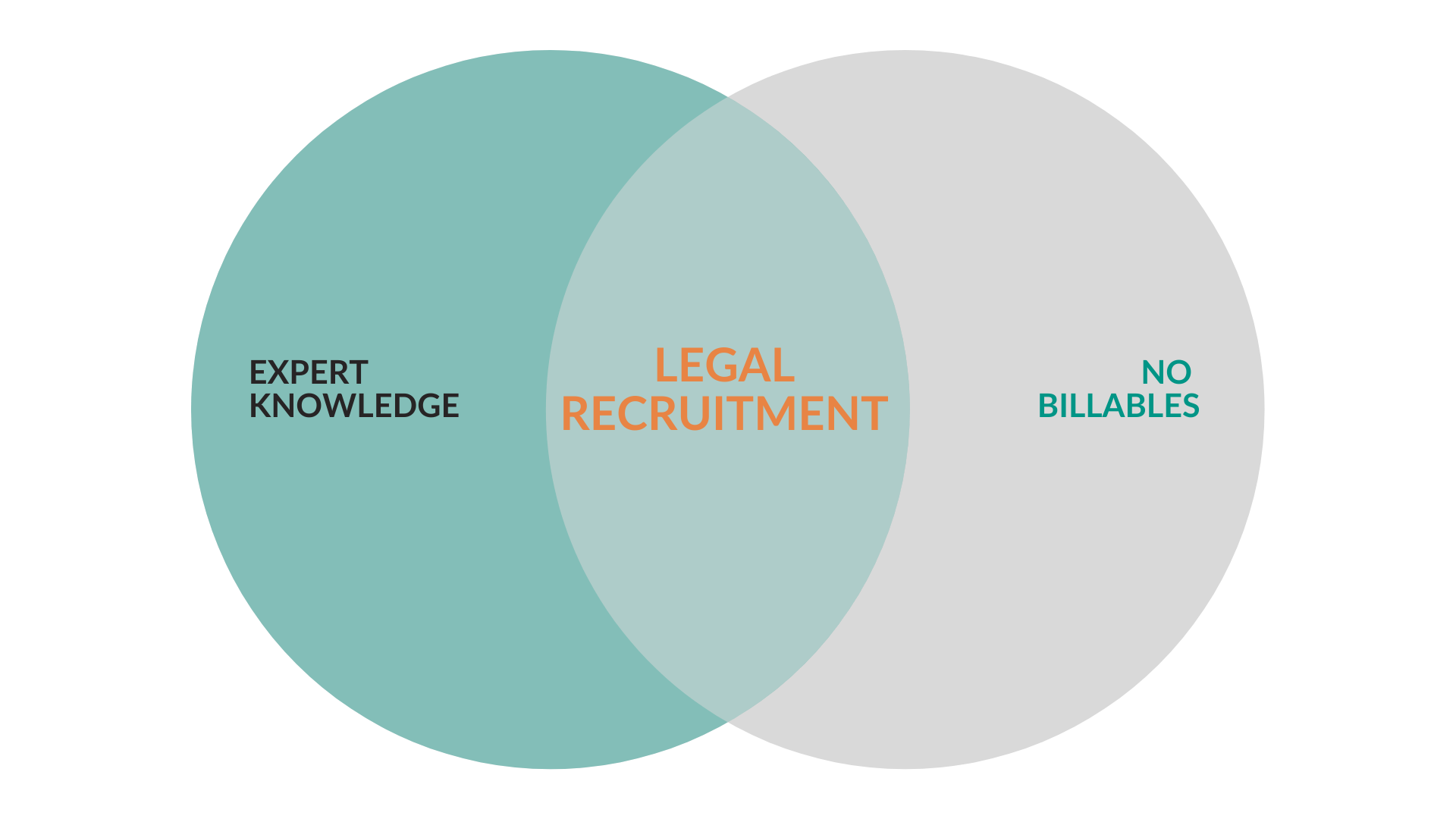
The realisation that you might have chosen the wrong career path is a daunting one. Even if you reached the conclusion over a period of time, there was probably a moment when you realised the niggling seed of doubt had blossomed into a mighty oak that could no longer be ignored.
For me, it was after exactly 10 years of total commitment to studying and then working in the law that I had to come to terms with the fact that it probably wasn’t for me. I wasn’t happy going into work, I was watching my colleagues progress more quickly than me, and most importantly, I didn’t feel like I was playing to my strengths.
I could have stuck with it and found a way to grind out a career as a lawyer. But I was afraid that path could never lead me to the levels of fulfilment, motivation and material success that I felt I deserved. So what was the alternative?
I started my search with an open mind – my only precondition being that I wanted to find a path that didn’t require further study. Surely, after being lovingly shunted into a law degree by parents, teachers and careers counsellors because it would give me “options”, the numerous alternative pathways would be obvious.
Well, they weren’t.
I’ll skip the part of the story where I had coffee meetings with 30+ professionals across different industries and eventually stumbled on legal recruitment.
The interesting part is how I came to identify the four non-negotiable components that, for me, any new role would need to have. As a guiding principle, I was determined not to settle for another career where I would be mediocre. I wanted to be great.
My four non-negotiables were:
- Knowledge: As much as I didn’t love the law, it was what I knew. The path of least resistance would be one where I had opportunities to use the knowledge I’d already accumulated.
- Skill: To be great at anything I knew that I would need to start off with a complimentary natural skillset. I needed to identify and understand my skillset by recalling the moments in my professional life where I’d achieved successful outcomes.
- Passion: I knew that if I enjoyed my job, I could work hard and continue to improve with less perceived effort. I needed to recall the moments in my career where I’d felt fulfilled, or the types of tasks that always made their way to the top of my to-do lists.
- Lifestyle: I had to envisage the lifestyle that I wanted to lead long term and avoid any career pathway that couldn’t support it.
Once I had a clear understanding of all of the above, I sat down with a handful of successful legal recruiters to measure all of my own priorities against the nuances of the day-to-day and financial aspects of recruitment. I came out of all of those discussions feeling energised and made the decision to take the plunge.
Reflecting on my first five years in legal recruitment, I feel that there’s no better career decision that I could have made. It’s a career that allows me to form genuine and authentic connections with new people daily, assist peoples’ careers (and by extension their lives) in a meaningful way and develop a deep and evolving expertise that I enjoy sharing. I’m kept on my toes by sophisticated lawyers who have high expectations of me and if I work hard, I’m rewarded for it. Most importantly, I’m surrounded by lawyers and law firms and immersed in the technicalities of legal practice, yet I haven’t drafted a legal document, logged a unit of time or used the words “in the alternative” in five years.
I found the perfect career for lawyers who love their field but hate their work.
If any lawyers are reading this and have some questions about what a career in recruitment could look like for them (we are hiring!), call or message me any time for a confidential chat.